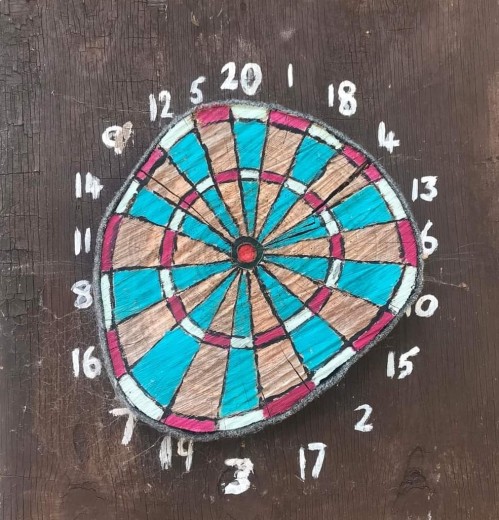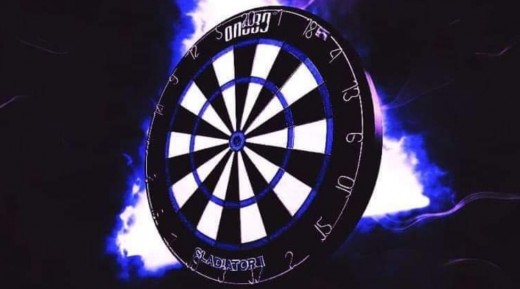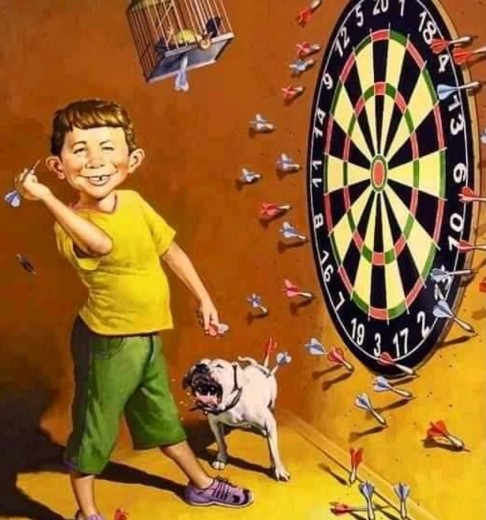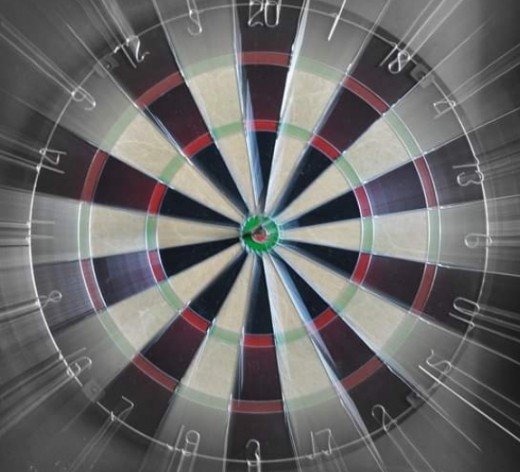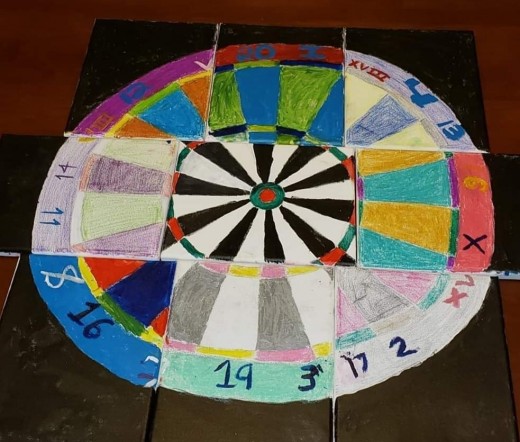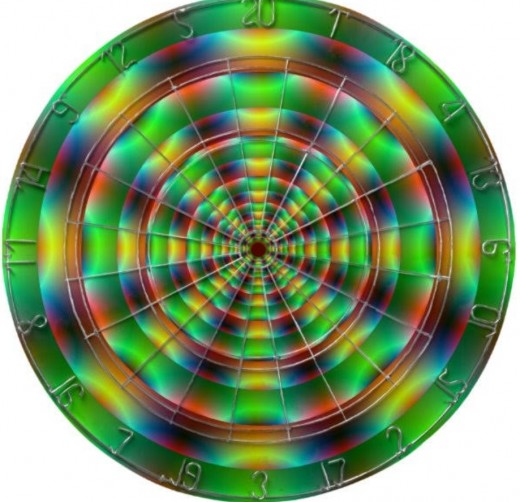Friday, November 22, 2019
Column CM71
“Black by Day and Red by Night” (Part #1)
Wolverhampton is part of a region in the West of Birmingham which is known in England as “Black Country.” It is not quite clear where the name comes from but it dates to around 1840. It might be it has to do with the soot deposits which came from the heavy industry or that it relates to the coal resources which lay close to the ground and sometimes even above. Such coal deposits existed in Wolverhampton as well. They were up to 30 feet thick. Since the Middle Ages coal was mined here and since the 16th century ore was mined as well.
It was around 1560 that the first blast furnace was built in West Bromwich. Many of the farmers also worked as blacksmiths or nail smiths. Around Dudley by 1620 up to 20,000 smiths of all kinds worked – and of course they supplied the royal family with nails and weapons as well. It is only logical to conclude that several inventions which pushed forward the iron industry hail from the Black Country – like the blast furnaces or the sawmills at which the iron bars could be cut into bands which helped with the production of nails.
In the 18th century the canals were built to connect the Black Country with the rest of the country. During the industrial revolution the Black Country was a centre of the English iron and steel industry. At this time an American diplomat travelled the region and then described it in one of his books as “Black by Day and Red by Night.” Everybody who has seen a furnace in full blast will know what is meant with “Red by Night.”
Together with coal mining in the 20th century the heavy industries disappeared from the Black Country. The furnaces which had lightened the nights went out. Only in the Black Country Living Museum can you today see many of the original buildings and see the disappeared crafts
[NOTE: Jamie Hughes, a real Black Country boy, who was in action on the third day of the tournament, wears the flag of the Black Country on his darts-shirt.]
After the second group matches on Sunday only Gabriel Clemens, Michael Smith, Dave Chisnall and Michael van Gerwen were qualified for the knockout phase. All other decisions were to be determined on Monday and Tuesday.
On Monday, Groups E-H played the last group matches. First on were the matches which didn’t really matter any more. So Gabriel Clemens and Richard Veenstra came on stage to open the evening as Clemens was already through and Veenstra was already out. Veenstra played much better than in his first two matches and had an average just over 90. But Clemens also played better than before. Against Clemens‘ 110 average Veenstra had just no chance at all. It’s difficult to foresee how Clemens will play in his next matches or how far he will be able to get in the tournament. But so far he to be sure he has played outstanding.
It didn’t go as well for the second German, Martin Schindler. Schindler was out before his third group match due to his two defeats but it would have been good for him to end with a high. But his chances were no good as his opponent was Michael Smith who had so far been great. But for some reason Smith couldn’t keep up his good performances – it might be he was less motivated as he was already through to the last 16. So, all of a sudden Schindler had a chance after all and was 3-0 in the lead. But Smith overcame his lethargy and won with 5-4. Once again Schindler didn’t manage to cross the finishing line.
The last appearance of Lisa Ashton in the tournament followed. But again Ashton didn’t find her A game and lost 1-5 to Dave Chisnall. But the result didn’t change anything – Chisnall was already qualified and Ashton was already out.
In the next five matches a win or defeat would decide whether one progressed or not. Four of those matches were rather one-sided and dominated by one of the players. Daryl Gurney defeated Brendan Dolan 5-2, Peter Wright had no problems with Danny Noppert and won with the same result.
A surprise to be sure was that Ryan Harrington reached the knockout phase – he defeated Wayne Warrington with 5-1.
Very one sided was the last match of the night between Glen Durrant and Nathan Aspinall – and even more surprising it was Durrant who dominated the match while Aspinall almost despaired as nothing went to plan at all. It was not a good match and Durrant won it 5-0.
Between all these not in the least bit fascinating matches there was the thriller between Jamie Hughes and Rob Cross – unquestionably the match of the day. Cross was 4-1 in the lead and then, despite having seven match dart opportunities in the next legs, Hughes managed to draw 4-4. Hughes started the deciding leg with a 180 but never again hit a triple in the leg. Rob Cross used the chance and won. But he has to improve if he wants to survive the next match against Peter Wright.
Of course, it rained again outside and there even was a rather strong wind. As the venue hadn’t been sold out the bus was not too crowded – the experts were onboard and the conversation was animated.



